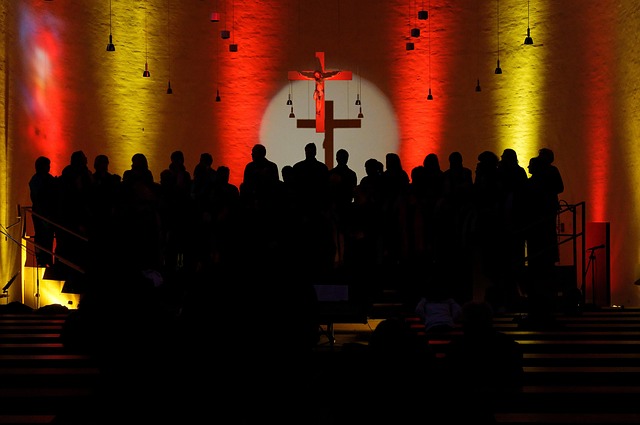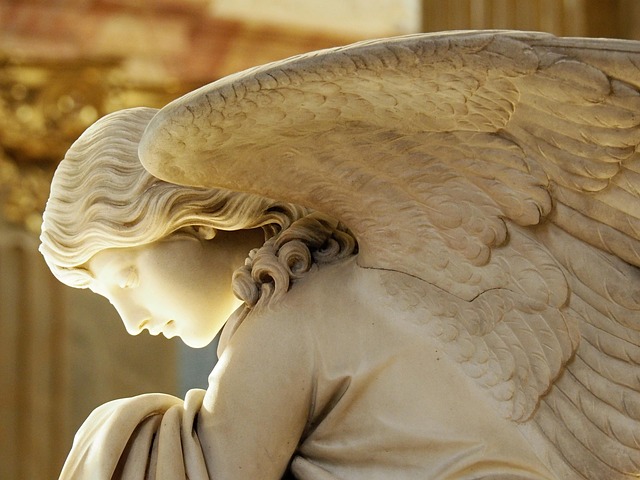Sacred Traditions: Exploring the Power of Worship in Religious Practices
Worship stands as a profound expression of faith, uniting communities through shared beliefs and rituals that transcend time and culture. From ancient ceremonies to modern gatherings, it captures the human spirit’s quest for meaning, purpose, and connection with the divine. At its core, worship is not merely a set of actions; it is a heartfelt journey embracing the divine presence and dedicating oneself to a greater calling.
In various religious practices across the globe, worship takes on diverse forms. In Christianity, congregants gather for Sunday services filled with hymns, prayers, and sermons that reinforce their connection to God and each other. The rhythmic pulse of the organ and the collective voices harmonizing in praise create an atmosphere charged with spirituality. In contrast, in the Islamic faith, daily prayers, or Salah, punctuate the day, inviting practitioners to pause and align themselves with their Creator, forming a spiritual framework that guides their actions in everyday life.
Similarly, Hindu worship, or Puja, encompasses rituals that honor deities with offerings, prayers, and dances, immersing worshippers in vibrancy and devotion. In these sacred moments, participants not only express adoration but also reinforce their cultural identity and communal bonds. Indigenous religions, too, showcase unique worship practices, where songs, dances, and storytelling celebrate ancestral spirits, revering nature as sacred. This array of practices highlights worship’s adaptability, illustrating how it evolves to meet the spiritual needs of different cultures.
The emotional impact of worship cannot be overstated. For many, participating in rituals fosters a sense of belonging and offers solace in times of distress. The shared experience of worship can evoke feelings of love, peace, and unity, bridging gaps between individuals and fostering a community rooted in collective values and beliefs. It encourages individuals to reflect on their place in the universe, grappling with questions of existence, morality, and purpose. This introspective nature of worship nurtures personal growth, strengthening one’s faith through challenges and triumphs alike.
Moreover, the power of worship extends beyond the confines of organized religion. Secular gatherings and individual practices such as meditation or mindfulness can also serve as forms of worship, creating personal spaces for reflection, gratitude, and connection. These practices remind us that worship can take many shapes, providing diverse avenues through which individuals encounter the sacred in their lives.
In exploring the power of worship within various religious traditions, it becomes clear that these sacred acts hold profound significance for countless individuals. They are not merely rituals performed; they embody the deep-rooted desire to connect with something greater than oneself. As we navigate an increasingly fragmented world, the common threads of worship can draw us back together, nurturing understanding, acceptance, and peace among diverse faiths and traditions.
Through the lens of worship, we witness the vibrant mosaic of human existence, where diverse paths converge, ultimately guiding us toward a shared experience of the divine.




